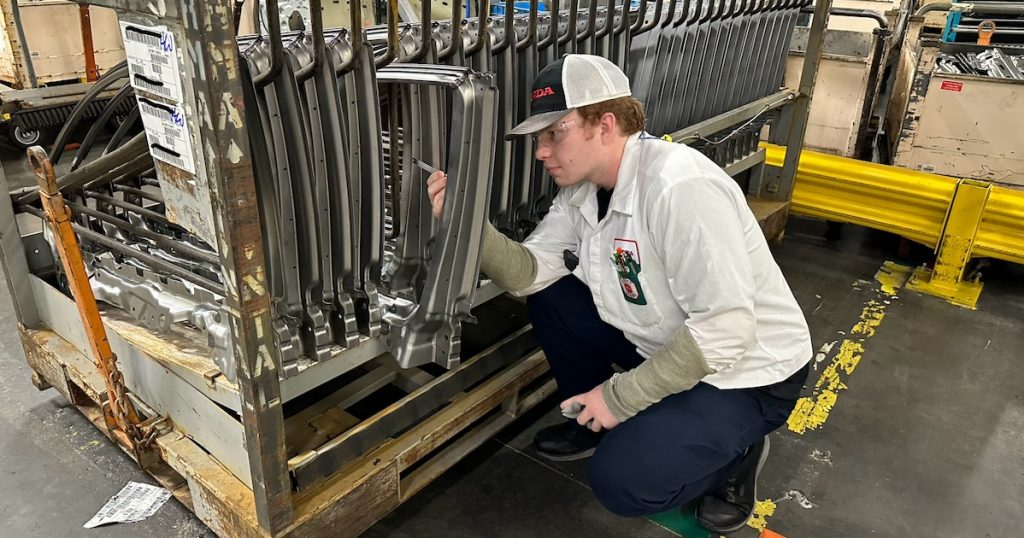When it comes to kick-starting your career while still in school, the choice between an engineering co-op program and an internship is worth pondering. Both offer valuable work experience; but for many, there are distinct advantages to choosing a co-op over an internship. Here are some reasons why completing an engineering co-op may be the better option for career development.
During an engineering co-op, one becomes more integrated in the company. More time building relationships and accessing the company’s culture and processes typically equates to working on more significant projects and contributing in more meaningful ways. Higher levels of involvement can lead to stronger professional connections and regular networking opportunities, which are critical for career progression.
A longer stay at a company means more time for learning and development. Engineering co-op students often have the chance to participate in training programs, workshops, and mentorship opportunities that may not be available to short-term interns. This extended learning period affords the opportunity to develop a deeper skill set and a more vigorous professional knowledge base. This often translates into better future job opportunities.
Co-op positions may come with better financial compensation than internships, although that gap, in all fairness, is not as large as one might think. But some companies are more likely to offer a salary or hourly wage that reflects a lengthier contribution to the organization. This financial support can help reduce your educational expenses and provide a more comfortable living situation while you complete your degree. But it does not stop there. One study found that students completing an engineering co-op receive over $3,200 more in their starting salary than students without co-op experience (Main, Johnson, & Wang, 2020).
Employers often use co-op programs as a pipeline for full-time hires. As one employer recently put it, “We like to interview once and hire twice.” He was referring to recruiting talent among students and hiring for co-op positions and later permanent employment. Why? Because engineering co-op students have usually demonstrated needed skills, a good work ethic, and a fit within the company. This firsthand experience can significantly increase the chances of receiving a job offer upon graduation. “But I didn’t like that company,” one may say. Even if one doesn’t stay with the same company, the in-depth experience gained will make one’s resume “pop” for other potential employers.
Engineering co-op programs help students tackle practical, complex issues, understand long-term project cycles, and witness the impact of their work. Engineering companies share that they seek and value these highly transferable, problem-solving skills in students.
Many co-op programs are designed to complement your academic schedule, allowing you to alternate between periods of full-time work and full-time study. This balance ensures that you can apply what you’ve learned in the classroom to your work environment and vice versa. It creates a dynamic learning experience that enriches both your academic and professional development. Some rightly voice that a co-op may lengthen your stay in college; but consider if what is gained in the trade-off is worth it. That is, are you playing the long game or the short game?
While internships can provide a great introduction to the professional world, co-op programs offer a more immersive and comprehensive experience. The benefits cited above make co-ops an excellent choice for students looking to maximize their career development.
By choosing a co-op, you not only gain valuable work experience but also set yourself up for a smoother transition from student to professional. Consider exploring co-op opportunities and take that critical step towards a successful and fulfilling career.
Works Cited
Main, J., Johnson, B., & Wang, Y. (2020). Gatekeepers of Engineering Workforce Diversity? The Academic and Employment Returns to Student Participation in Voluntary Cooperative Education Programs. Research in Higher Education, 1-30. https://doi.org/10.1007/s11162-020-09596-7.
